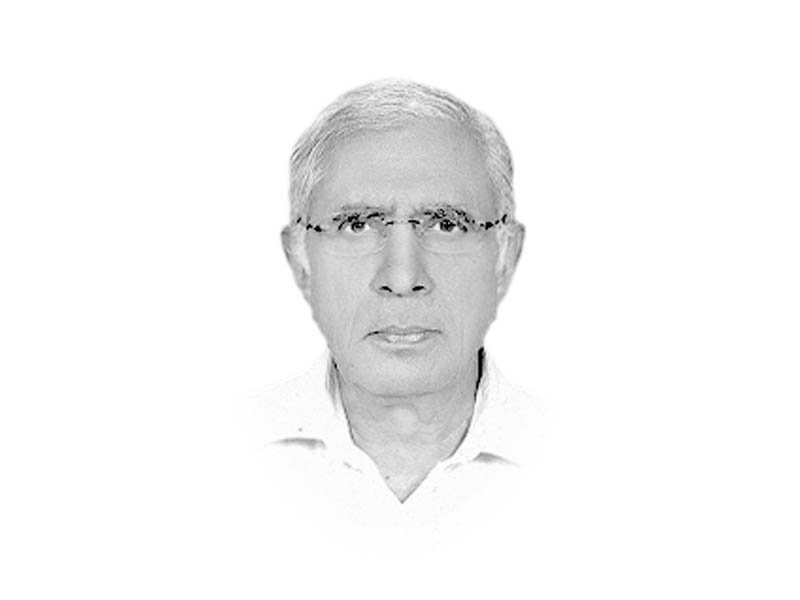
As a result, parallel to historians and the clergy, the work of strengthening the national Islamic ideology was also undertaken by educationists and textbook writers, supported by successive governments. This it is believed had sown the seeds of religious intolerance, particularly in terms of persecution and exclusion of religious minorities. A close review of textbooks by PIPS, particularly on the subjects of Islamic and Pakistan Studies revealed that their writers believe that “Pakistan ideology is indeed Islamic ideology, which guides us in every sphere of life".
So finding education, both mainstream and religious, to be a factor in the promotion of ideological radicalisation and violent extremism PIPS felt that the need of the hour was to promote inclusive and tolerant educational narratives and decided to engage leading senior faculty members — mostly from Islamic Studies and Arabic departments of universities and colleges from across Pakistan in three, two-day academic and intellectual dialogue-cum training workshops this year. Eminent educationist, Abdul Hameed Nayyar while discussing PIPS’ efforts in this regard said: “Over the years, many people have identified the negatives contained in the national school curriculum and textbooks, but removing them appears to have become a near impossible task. Sincere attempts have been made at the state level to purge such material from learning schemes, yet things have remained the same, primarily because education is perceived by politicians less as a means of building the nation’s future than as an ideological battlefield. On the other hand what is being largely overlooked is the fact that it is eventually the teacher in the classroom who has the greatest influence on young minds. It is, therefore, important to address teachers, to sensitise them to religious diversity and to challenge their own intolerance and prejudices.”
Here is a lesson for our national policymakers trying to design a wholesome Pakistani persona in the face of rising violent extremism in the country. Rached Ghannouchi, the founder of Tunisia’s Islamic political party Ennahda, in an essay ("From political Islam to Muslim democracy") in the recent edition of Foreign Affairs has disclosed that during negotiations over a new constitution, Ennahda’s parliamentarians agreed that the constitution would not cite sharia as one of the sources of legislation. As a result the new constitution enshrines democratic mechanisms, the rule of law, and a full range of religious, civil, political, social, economic, cultural and environmental rights.
“Our objective is to separate the political and religious fields. We want the mosque to be a space for people to come together, not a site of division… To be clear, the principles of Islam have always inspired Ennahda, and our values will continue to guide us. But it is no longer necessary for Ennahda (or any other party) to struggle for religious freedoms: under the new constitution, all Tunisians enjoy the same rights, whether they are believers, agnostics, or atheists. The separation of religion and politics will prevent officials from using faith-based appeals to manipulate the public. It will also restore the independence of religious institutions: religion will no longer be hostage to politics… Confronting violent extremism requires an understanding of the true teachings of Islam, which reject black-and-white views and allow for interpretations that accommodate the needs of modern life. The genuine separation of mosque and state and the effective governance of religious institutions will facilitate better religious education and reintroduce moderate Islamic thinking to Tunisia.”
Published in The Express Tribune, August 27th, 2016.
Like Opinion & Editorial on Facebook, follow @ETOpEd on Twitter to receive all updates on all our daily pieces.












COMMENTS (2)
Comments are moderated and generally will be posted if they are on-topic and not abusive.
For more information, please see our Comments FAQ